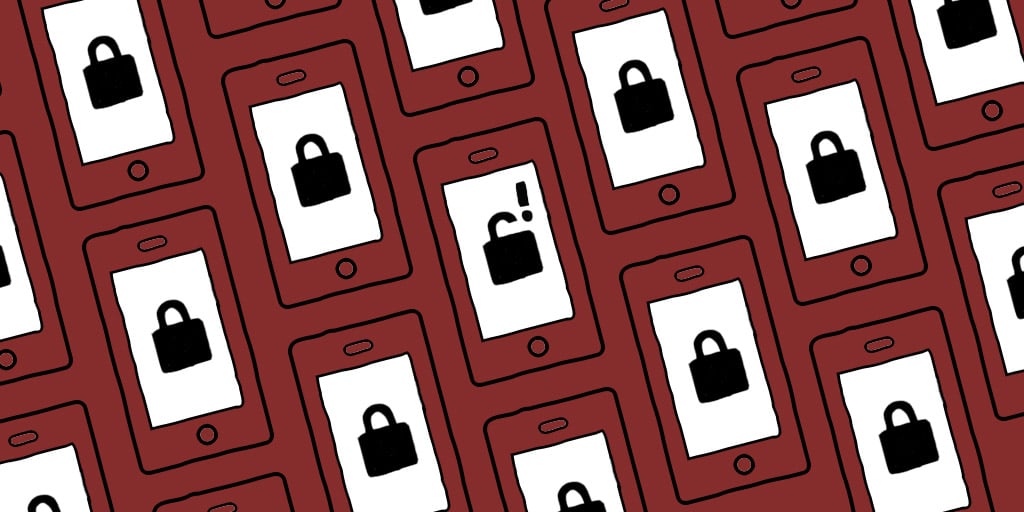Washington D.C. (February 17, 2016) — The U.S. Department of Justice is attempting to compel Apple to build software to bypass the security features of iPhones that keeps the devices’ hard drives encrypted. Access Now supports Apple in this case and strongly opposes the government’s actions.
“The truth is, once created, any technology can be used for good or bad. The same is true for backdoors into encryption,” said Amie Stepanovich, U.S. Policy Manager at Access Now. “The DOJ’s request here would pave the way for government to compel companies to build in any number of vulnerabilities, which weakens our digital security infrastructure and, ultimately, hurts users while doing nothing to stop or prevent criminal activity.”
“Encryption is vital for the protection of human rights like free expression and privacy, and it safeguards the internet economy. The U.S. government’s actions run contrary to international law and policy and provide political cover for oppressive regimes to seek the same authority,” add Stepanovich.
“The government is asking for Apple to create a backdoor around encryption by writing code that doesn’t exist. Specifically, they’re asking Apple to develop an entirely new operating system that will enable the government to hack into an otherwise secure device. Keeping software up to date is basic building block of good digital hygiene. This approach will undermine consumer confidence in software updates and hurt cybersecurity generally. As more and more of our private lives exists in digital spaces, these types of attacks will harm us all,” said Nathan White, Senior Legislative Manager at Access Now.
“This is one of the most critical privacy and security issues facing the country today. I expect the political candidates will be forced to take a position if they haven’t already,” said Stepanovich.
Access Now, along with more than 200 organizations, experts, and companies, launched SecuretheInternet.org last month. It is a global declaration that states, among other things, that “[g]overnments should not mandate the design or implementation of “backdoors” or vulnerabilities into tools, technologies, or services.”
###
